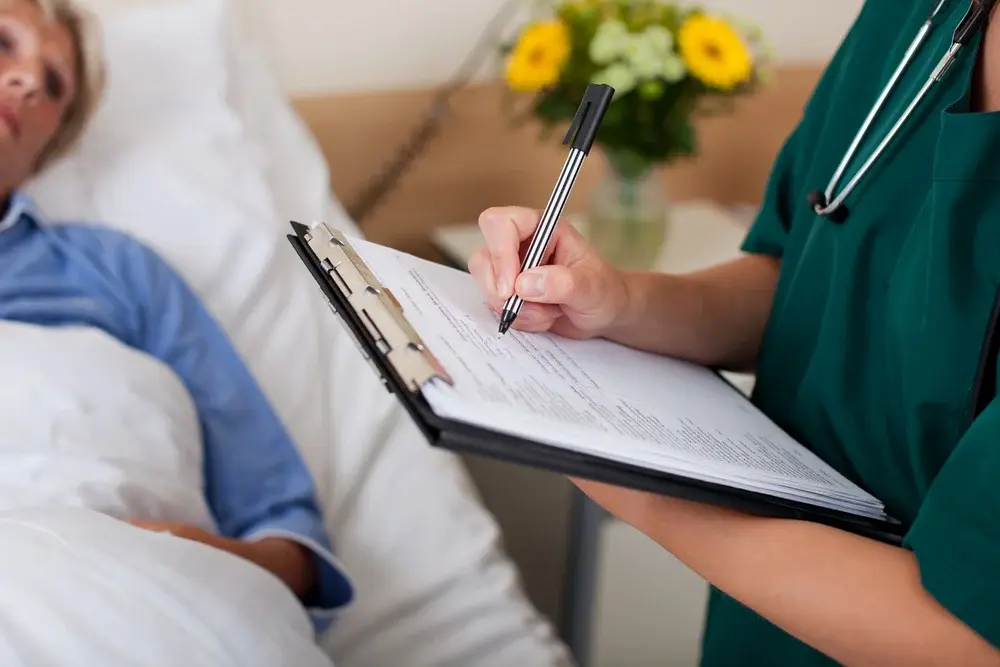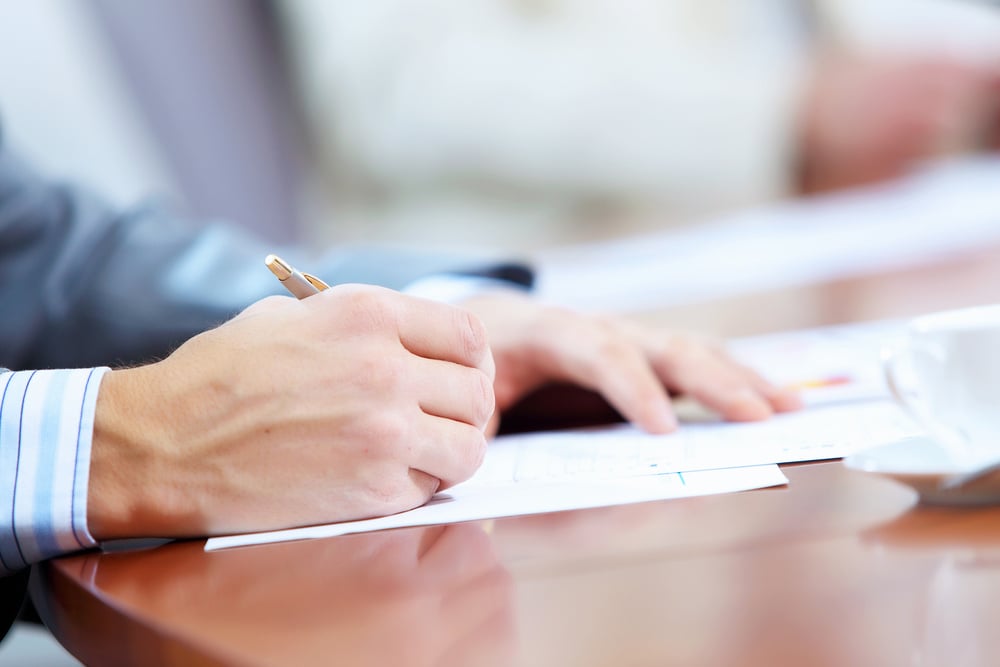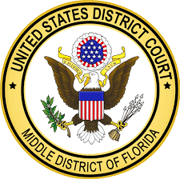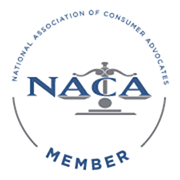Dealing With Medical Bills After A Personal Injury
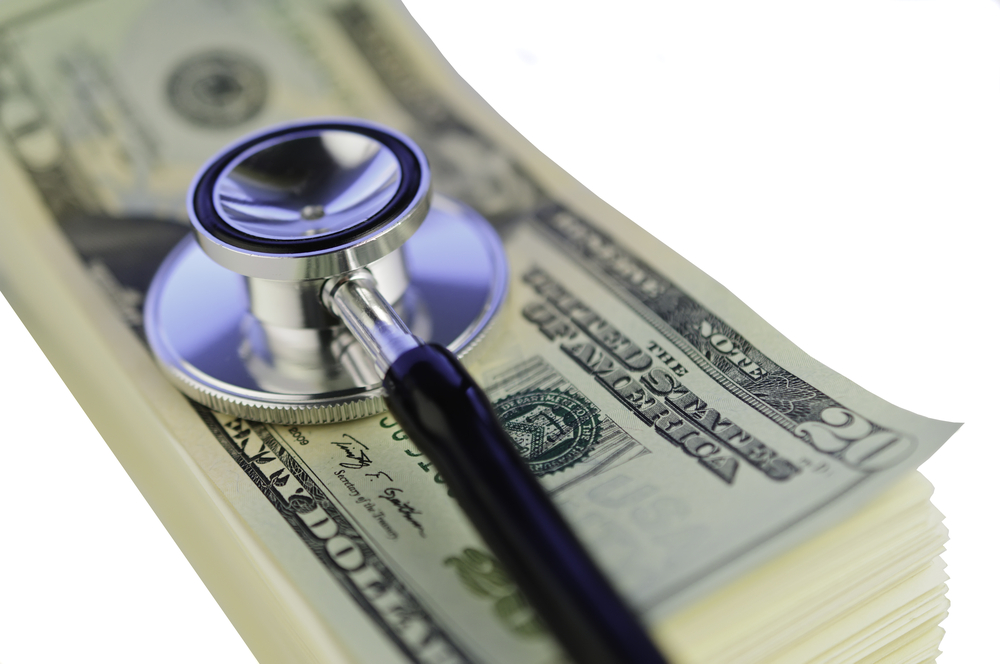
Navigating medical bills after a personal injury in Florida can be overwhelming. There are simplified and easily accessible ways to manage your expenses and protect your financial well-being.
Navigating Personal Injury Protection (PIP) Insurance
If you have been injured in Florida, you may be eligible for Personal Injury Protection (PIP) insurance coverage. PIP insurance is mandatory in Florida and provides coverage for medical expenses, lost wages, and other accident-related costs.
To navigate PIP insurance, it is important to understand the coverage limits and requirements. In Florida, PIP insurance typically covers up to 80% of your medical expenses and 60% of your lost wages, up to a total limit of $10,000.
To ensure you receive the full benefits of your PIP coverage, it is essential to seek medical treatment as soon as possible after your injury. Keep all medical records and bills related to your injury, as they will be necessary for filing a claim with your PIP insurance provider.
It is also important to note that PIP insurance only covers medical expenses and lost wages related to your accident. If you have additional medical bills that exceed the coverage provided by PIP insurance, you may need to explore other options for payment.
Negotiating Medical Bills with Healthcare Providers
After a personal injury, you may receive medical bills from healthcare providers who treated your injuries. These bills can quickly add up and become a financial burden. However, there are strategies you can use to negotiate and reduce the amount you owe.
- Start by reviewing your medical bills carefully and checking for any errors or discrepancies. If you notice any mistakes, contact the healthcare provider's billing department and provide them with the necessary documentation to correct the error.
- Next, consider reaching out to the healthcare provider directly to discuss your financial situation and explore options for reducing the bill. Many providers are willing to work with patients to establish payment plans or offer discounts for uninsured or underinsured individuals.
- If negotiating directly with the healthcare provider does not result in a satisfactory outcome, you may consider hiring a medical billing advocate or attorney who specializes in negotiating medical bills. These professionals can help you navigate the complex billing process and advocate on your behalf to reduce your medical expenses.
Utilizing Health Insurance Coverage
In addition to PIP insurance, it is important to utilize your health insurance coverage to help manage your medical bills after a personal injury in Florida.
Verify your coverage: Contact your health insurance provider to verify your coverage and understand any applicable deductibles, copayments, or out-of-pocket expenses. Be sure to provide them with all necessary documentation related to your injury, including medical records and bills.
Choose in-network: When seeking medical treatment, choose healthcare providers who are in-network with your insurance plan to maximize your coverage. If you require specialized care or services that are not covered by your health insurance, consider obtaining pre-authorization or exploring alternative providers who offer more affordable options.
By utilizing your health insurance coverage effectively, you can reduce your out-of-pocket expenses and ensure that you receive the necessary medical treatment without incurring excessive debt.
Seeking Compensation Through a Personal Injury Claim
If your personal injury was caused by someone else's negligence or wrongdoing, you may be entitled to seek compensation through a personal injury claim. This can help cover your medical bills, lost wages, pain and suffering, and other damages resulting from the accident.
To pursue a personal injury claim in Florida, it is recommended to consult with an experienced personal injury attorney who can guide you through the legal process and help you build a strong case. They will gather evidence, communicate with insurance companies and other parties involved, and negotiate on your behalf to seek a fair settlement.
Keep in mind that personal injury claims can take time to resolve, and the outcome is not guaranteed. However, by pursuing a claim, you can potentially recover the financial compensation you need to cover your medical bills and other expenses.
It is important to note that Florida follows a comparative negligence system, which means that your compensation may be reduced if you are found partially at fault for the accident. Therefore, it is crucial to consult with a personal injury attorney who can assess the circumstances of your case and determine the best course of action.
Exploring 3 Alternative Payment Options
If you are facing significant medical bills after a personal injury in Florida and are unable to cover the expenses through insurance or other means, it may be necessary to explore alternative payment options.
- Payment plan: One option is to set up a payment plan with the healthcare provider. Many providers offer flexible payment plans that allow you to pay off your medical bills in installments over time. Be sure to communicate with the billing department to discuss your financial situation and negotiate a payment plan that works for you.
- Financial assistance or grants: Another option is to pursue financial assistance programs or grants that are available for individuals with high medical expenses. Research organizations and foundations that provide assistance to individuals in need and see if you qualify for any programs.
- Credit cards and personal loans: Additionally, you may consider applying for medical credit cards or personal loans specifically designed for medical expenses. These options can provide temporary financial relief and allow you to pay off your medical bills over a longer period of time.
Remember to carefully review the terms and interest rates associated with these alternative payment options to ensure they are feasible for your financial situation.
Overall, it is important to proactively address your medical bills and explore all available options to manage your expenses and protect your financial well-being after a personal injury in Florida.


